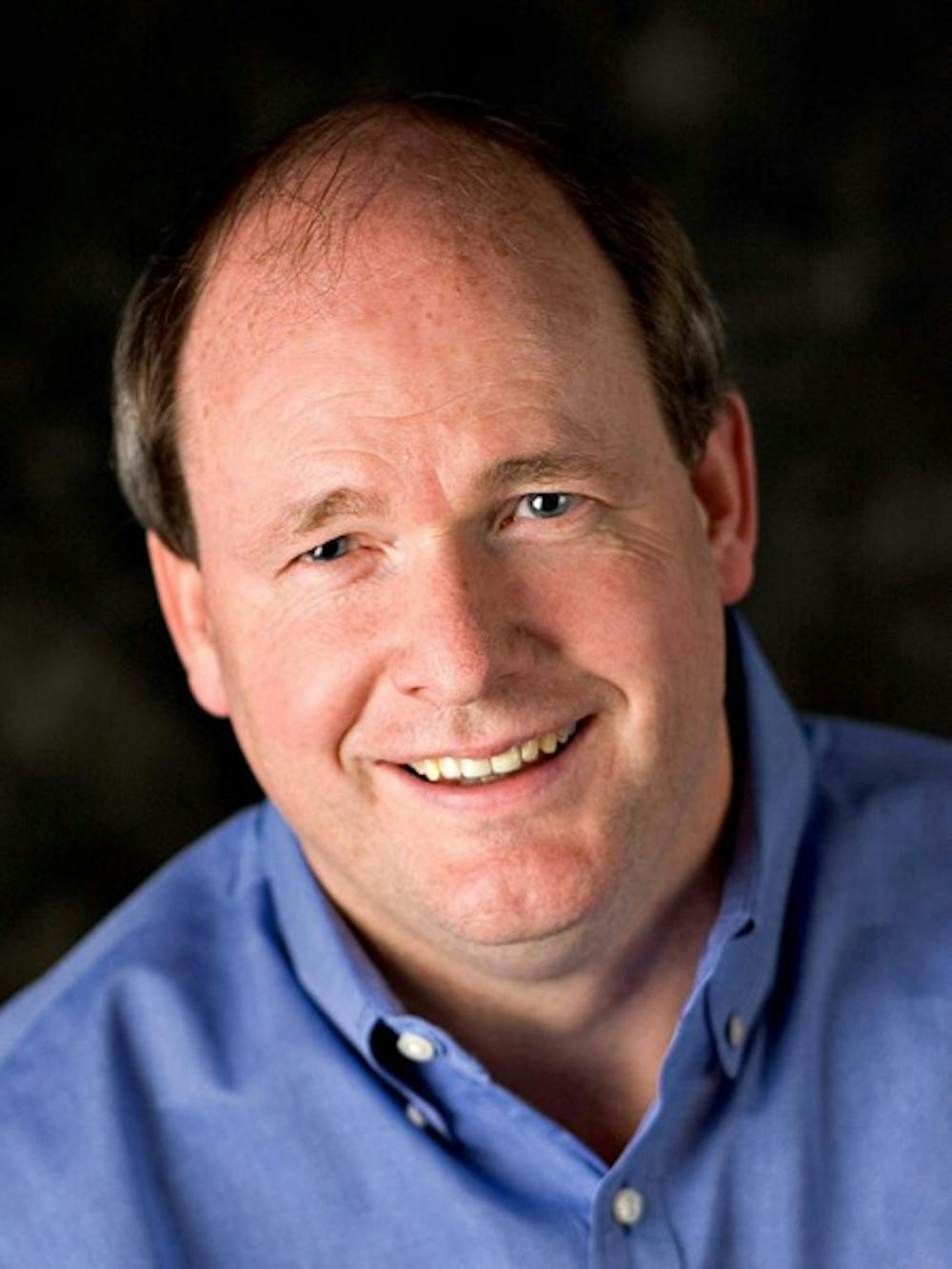When police arrived at Bradley Waldroup’s trailer home in Tennessee, they faced a horrific scene of blood on the carpet, walls, outside by his truck and on a large machete.
After confessing to his crimes, Waldroup should have been sentenced to the death penalty, but the jury convicted Waldroup of more lenient charges because of the discovery of a “murder gene” embedded in his genetic makeup.
Vanderbilt University has a program conducting genetic testing to track the murder gene within an individual’s genetic alleles. The gene is a particular variant of the MAO-A gene, also known as the warrior gene because of its association with violence.
The discovery of “murder genes” embedded in genetics brings a new angle to the criminal justice system.
Gary Marchant, an emerging technologies, law and ethics professor, said conversions of genetics are combining to provide new information about what factors go into causing someone to commit a criminal act.
He focused his work on discovering to what extent these genes should be used to determine sentences in the criminal justice system.
“To me, it should not affect whether someone is guilty of a crime or not, but it should be a relevant factor in considering the punishment,” he said.
Marchant believes the presence of the gene should impact the decision, possibly leading to a lighter sentence.
He has been giving lectures about his research on how these genes should be handled in the justice system for about seven years, and has worked closely with select ASU graduates to assist him.
Third-year law student Lyn Gaudet started working with Marchant in January 2009. Gaudet, the research director for the Center for Law, Science and Innovation, said her primary area of interest lies in the neuroscience aspect of this research.
“Neurology scientists are starting to look at genetics in conjunction with neuroimaging now,” she said. “If you look at brain scans in combination with genetics it may show more information on the predictive aspect.”
Gaudet said the combination of the MAO-A alleles, a deprived and abusive environment, and other variables that have led to a person’s suppression could then be used as mitigating evidence.
However, she feels this argument cannot be commonly used in the justice system because it’s a very rare case for a person to possess these specific sets of alleles.
Gaudet said this is a one-of-a-kind experience and she has worked on several other projects with Marchant.
Marchant said the methods in their research include a combination of understanding the science and the legal implications, and applying policy and ethical factors.
“It’s a multidimensional, multidisciplinary project that I’m particularly interested in,” he said. “It involves a lot of different aspects.”
Jamie Balson, a 2010 ASU law school graduate, is also assisting Marchant and became interested in the research just before the 2010 fall semester began.
Balson said in an email this is a topic that will soon be a part of numerous criminal trials. She said she is using this research as a learning tool while studying for her bar exams.
“I work with victims; the strategies used by perpetrators are important to me,” she said.
Balson also acknowledged the criticism that the MAO-A gene may receive in regard to the justice system, stating this type of evidence can be misleading and can confuse the jury.
“Prosecutors have grave concerns regarding a lay person’s ability to decipher precisely how this type of evidence may or may not have affected the defendant at the time of the crime,” she said.
Marchant will give a lecture titled “Murder Genes, Brain Scans and the Criminal Justice System” at the University Club in Phoenix on Wednesday.
On May 13, Marchant plans to discuss the topic at a conference in the federal courthouse, where several leading experts of genetics will be attending. Marchant said he plans to explore the possibility of screening young children for the MAO-A allele.
“If [the results] show that there are children demonstrating a very high risk of committing crime, and there was an effective intervention for them, whether it be pharmaceutical or behavioral, it could save a lot of grieving,” he said.
Balson said stigmatizing children as being violent is not something that should be taken lightly. However, used in the right circumstances, she said such screening can be an effective way to intervene in a potentially devastating situation.
“With careful forethought it can be a powerful tool,” she said.
Marchant said he does not think it will take very long for the use of genetics to become more popular in court cases, but understands how sensitive the issue is when involving children.
“It’s a very delicate issue,” he said. “There are serious concerns for doing something like this, finding things out about people that they may not want to find out themselves.”
Balson describes her experience with this research to be very rewarding, but the research in general is not near to being finished.
“Before you know it you’re asking ‘What next?’ but those answers don’t exist,” she said. “That is where we are now; we are at a point where society has to decide where we go regarding this issue.”
Reach the reporter at tiffany.ngo@asu.edu





